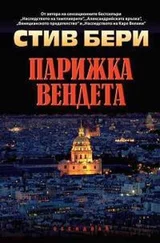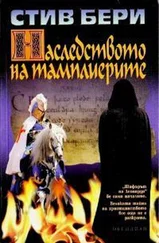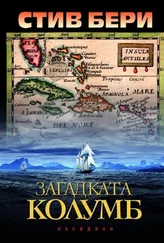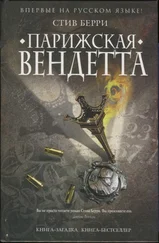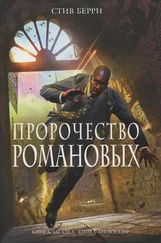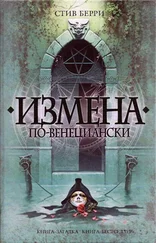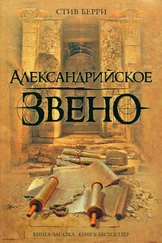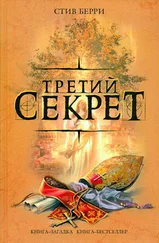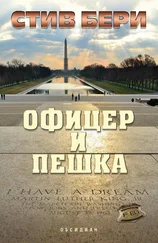January 14, 1951
We have moved again. This time closer to the border with Basutoland in the eastern highlands. The years are passing slowly. I was promised my release from service by Christmas, but I am now told that Luis will not let me go. He still depends on me. I seem to be the only one he trusts, if that attribute can be applied to a man such as him. He will not let me leave, though I plan to broach the subject again with him soon.
Our new farm is lovely. It is an estate bought with profits from the gold mines. Luis was smart to invest. He has earned a fortune, but continues to live a solitary life. I am still the messenger who travels into Bloemfontein to report on any news. Books are my main duty. He consumes more than a dozen each month. I order what he demands and drive to town every three weeks when a shipment arrives. Mainly American book clubs provide the bulk of his taste. It is his one pleasure and Rikka encourages the endeavor since it spares her the wrath of his boredom. He is truly an evil man, of that I am sure. He does not deserve any luxury in life. If not for my duty I would end this charade. But I can’t. It is not my nature, as I am sure you understand.
Cassiopeia read on and Cotton listened with fascination as Gerhard Schüb recounted life in South Africa. The letters were scattered over a wide breadth of time, all written in German, the insights profound as Schüb analyzed his employer. Clearly he did not care for Martin Bormann, but he continued to perform his duty with diligence. Each letter was duly signed with the salutation, your loving brother, Gerhard.
“Schüb seems to have hated Bormann,” Cassiopeia said.
“That’s the great paradox of Nazism. While hating everything about it, so many willingly gave themselves so completely.”
Cassiopeia thumbed through the remaining envelopes. “The last letter is dated in 1961.”
Ahead he spied a large splotch of cobalt-blue water framed by shores of verdant scrub and copper-colored beech trees. A mist flashed back and hung in the air, fighting against the burning sun. Craggy peaks of gray and purple rose on three sides, houses tucked away in the folds. Beyond, thick dark alpine forest oozed in all directions, the landscape green as an emerald, dripping with moisture. He estimated the lake was several miles long and equally wide.
Lago Girasol.
Dense forest lined the shore.
He spied an inlet. Narrow. Jutting into the treed landscape. A small, forested island protected its mouth, atop which stood a masonry tower.
What a strange sight.
They flew over it.
“That’s a guard tower,” she said.
He agreed. Like something overlooking the Rhine in Germany.
Tucked among the trees, he spotted the schlöss. Similar in look and style to Marie Eisenhuth’s. Huge. Remote. Inaccessible. Built of stone. Far more European than South American. More forest protected the house on three sides. Only from the lake, facing south, was the house visible. He saw no signs of anyone. No vehicles. No smoke from the chimneys. Nothing.
A pier extended out into the blue water.
“We can tie up to that dock,” he said.
And he headed in for a landing.
CHAPTER THIRTY-FOUR
Engle could tell that Vergara was pleased with the radio reports.
“Target is down on the lake,” the fighter pilot reported over the radio, in Spanish. “Landed and tied to a dock. Two people headed ashore toward a large house.”
Vergara acknowledged the information with a nod, then said to him, “These transmissions are being monitored by a great many governmental agencies. It is important that we establish that a drug trafficking flight was en route. They have stopped near the border for who-knows-what. Radio contact is impossible since the target would not respond to hails. Chilean protocol requires that the plane be brought to the ground. Standard procedure does not call for planes to be destroyed in the air. Too much risk of ground casualties. Instead, the idea is to force flights down.”
“But it is already on the ground.”
“Which is good for us. Now we deal with your problem.”
Cassiopeia followed Cotton ashore, bringing with her the backpack with the letters, scrapbook, and photos. Neither one of them wanted that evidence far from their sight.
They both studied the magnificent house.
A three-story, polished-stone structure with ornate rococo iron trim. Rows of windows overlooked the grounds and the lake, each protected by sturdy, wrought-iron bars. A sign at the end of the dock proclaimed in Spanish PRIVATE PROPERTY.
“You don’t see mansard roofs like that in South America,” she said.
He agreed. Much more common in Europe.
They trudged up through a slope of damp, manicured grass toward a stone terrace. Tall, clean-trunked trees lined the outer perimeter. Baroque statues, each encircled with autumn flowers, stood periodically on display. The absence of activity was noticeable, the stillness in the chilly air a bit unnerving.
“This is beautiful and well maintained,” she noted.
“Which makes you wonder.”
She heard the haunting cry of a nightingale, like a warning alarm. The skies had turned gray and fatigued, the sort of overcast day that promised rain but never delivered. An unrelenting breeze swooped out of the mountains and chafed their faces, the air hanging fresh and thin with a taste of pine. The terrace was immaculate, the furniture covered in canvas protectors. Not a speck of mold or mildew anywhere.
Cotton approached the glass doors.
Locked.
“I see no reason to be subtle,” he said.
Neither did she.
He found his gun and used it to break one of the glass panels, then he reached in and unlocked the door.
Inside was spectacular.
A great hall occupied a large portion of the ground floor. Dark hunting trophies contrasted with the cream-colored walls. Tapestries draped two walls, mostly hunting scenes. Stucco decorated the ceiling with images of birds and animals. Colorful rugs protected the parquet floor. A tall white ceramic stove filled one corner, outfitted with a gleaming brass door. Everything had a medieval feel, the heavy styles proclaiming power and wealth.
“This screams Europe,” Cotton said.
She agreed.
A vase of freshly cut flowers sat at the center of a large clothed table in the dining room.
“Are those here for our benefit?” he asked.
Good question.
They kept exploring the ground floor, which seemed to ramble on. Aside from a spacious kitchen and a light and airy dining room, there was a gaming room with a billiard table, and a study, one similar to the hacienda’s, only much larger, its mood set by mellow-oak bookcases, the red velvet upholstery of the chairs complementing pale-tan walls. Above the cases hung oil paintings in heavy wood frames.
Cotton studied the canvases.
“What is it?” she asked.
“That’s Richard Wagner,” he said, pointing to one of the images. “Hitler’s favorite composer. Those paintings over there are from Franz Stuck and Carl Spitzweg. Two more of Hitler’s favorites. The three paintings of drunken monks over there are by Eduard von Grützner, whom Hitler loved, too.”
“You know your Nazi art.”
“Just stuff that sticks in my brain from reading. Sometimes it has to come out. None of those artists ever achieved much fame, which always baffled Hitler. Did you notice the books on the shelf?”
She stepped closer.
The subjects varied from literature to history, science, architecture. Then she saw a row that looked familiar. Editions on art. Philosophical works of Nietzsche and Schopenhauer. Greek, Roman, and German histories. Goethe. Ibsen. Librettos of Wagner’s operas. Nordic mythology. Military history.
Читать дальше

